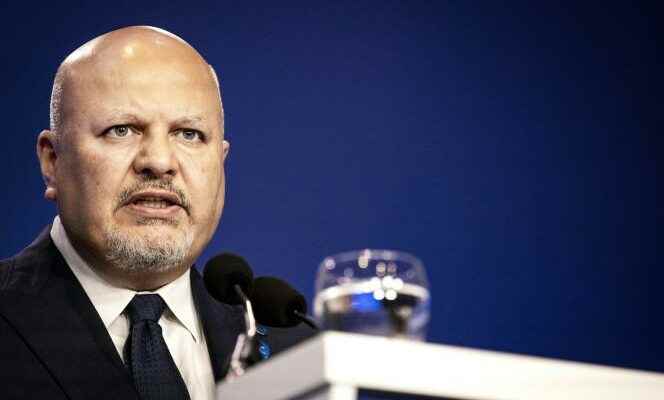After the Russian invasion of February 24, it only took six days for the prosecutor of the International Criminal Court (ICC) to decide to open an investigation into the crimes committed on the territory of Ukraine. Neither Russia nor Ukraine are members of the Court, but after the annexation of Crimea in 2014, kyiv gave it jurisdiction to prosecute the perpetrators of crimes committed on its territory. And this since November 21, 2013, date of the first demonstrations against the power of the time within the framework of the “Maidan revolution”, where many violences of the security forces were committed. The ICC had been engaged for years in a preliminary review of evidence, without moving to the investigative stage. But after the Russian attack in Ukraine, Lithuania also seized the Court, quickly followed by 38 other States (they are 42 today), thus allowing the prosecutor to open his investigation without having to seek the approval of the judges of jurisdiction.
In twenty years of existence, the ICC has convicted only a handful of militiamen
Technically, nothing now prevents the ICC from indicting Vladimir Putin. This is the main revolution in international justice: the abolition of diplomatic immunity attached to heads of state suspected of war crimes, crimes against humanity or genocide. However, in twenty years of existence, the International Criminal Court has convicted only a handful of militiamen. Ministers and Heads of State have all escaped him. Muammar Gaddafi died as a fugitive in 2011, four months after an arrest warrant was issued for him. Former Sudanese President Omar Al-Bashir is in prison in Khartoum. Cases against former Ivorian leader Laurent Gbagbo, former Congolese vice-president Jean-Pierre Bemba and Kenyans William Ruto and Uhuru Kenyatta have collapsed.
On the first day of the Russian invasion, the prosecutor’s office was in full reorganization, after twenty years of trials marked by repeated failures. After his swearing in in June 2021, prosecutor Karim Khan promised reforms. But will he be able to indict Vladimir Putin? “If he decides to do so, it cannot be only because he is the supreme commander of the armies. He will need more solid elements, ” warns a lawyer of the Court. In order to prosecute those most highly responsible for mass crimes, it is necessary to establish the intention, trace the chains of responsibility from the mere executors to the head of state and therefore demonstrate, in the case of Ukraine, the existence of links between a decision taken in the Kremlin and the bodies lying in Boutcha or under the rubble of the bombarded theater of Mariupol. These investigations will take time.
You have 71.64% of this article left to read. The following is for subscribers only.
